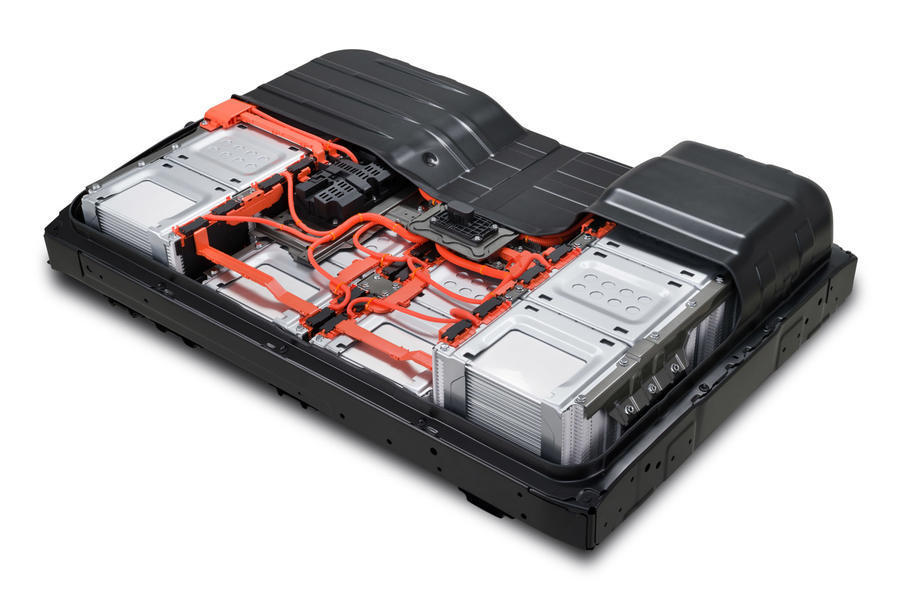Renault is joining forces with chemicals company Solvay and waste management firm Veolia to investigate new ways to recycle metals from used EV batteries.
Currently, lithium ion EV batteries can be reused in secondary applications like energy storage facilities, but the chemical and mineral materials, such as cobalt, nickel and lithium, are difficult and expensive to recycle at their end of their usable life.
This is a problem because these metals are toxic. Cobalt, in particular, is a leading cause of water and soil contamination.
To explore solutions, the three firms are setting up a prototype recycling facility in France. Although the exact technology is still being investigated, Renault said the plant will have the capacity to extract and purify toxic end-of-life EV battery metals.
Innovations will be explored at each step of the recycling process, from collection of EV batteries to dismantling, metal extraction and purification and by improving existing mechanical and hydromechanical recycling processes. The goal is ‘closed loop’ recycling, reusing as close to 100% as possible of EV battery metals.
Renault CEO Luca de Meo said: “The Renault Group has a holistic approach to the battery life cycle: repairing first-life batteries to extend their automotive lifespan, developing second-life applications for energy storage and setting up a system for collecting and recycling batteries.
“We aim at implementing innovative and low-carbon battery recycling solutions to pave the way to sustainable sourcing for strategic battery materials as electric mobility is growing.”
Renault has made several forays into the battery recycling sphere. In 2017, for example, the French firm teamed up with energy company Powervolt to repurpose used EV batteries as home energy storage units, similar to Tesla’s Powerwall.
Other firms are also exploring solutions. For example, 500 used BMW i3 battery packs were recently reused to store energy from a wind farm in South Wales.
However, EV battery waste remains a significant problem and recycling specialist Aceleron said: “The EV revolution could create more than 11 million tonnes of battery waste worldwide a year in the next 20 years - enough to fill Wembley Stadium almost 20 times.”
READ MORE
Renault to repurpose EV batteries into home energy storage systems





Add your comment